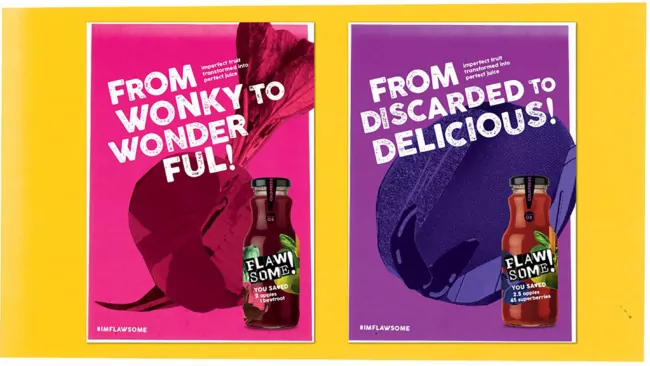Written by: Rob Allen, Strategy Partner
2022 was characterized once again by the tension between open and closed attitudes, with open beginning to dominate again after several years in abeyance.
On the closed side, the UK’s word of the year was ‘Goblin Mode’. A walling off against the world’s seemingly insuperable problems. War, the cost of living, and the lingering effects of Covid have all impacted the confidence and attitude of consumers across the world. At their most positive, Closed brands offer warmth, security, reassurance, and familiarity. They’re supportive of the status quo. Less positively, Closed systems can also foster a competitive ‘insider vs outsider’ mentality.
Over the last few years, Closed has driven the rejection of the open globalized world and its brands, with the rise in popularity of local, smaller scale brands. Propelled the rise of authoritarian leaders in politics and business, Closed has also fostered the rise of an aggressive, anti-establishment ‘bro’ culture. 2022 saw this mentality set back, with a shift back towards the political centre, and the collapse of crypto’s populist new financial dawn, heralding a return of pragmatism.
Meanwhile, the vast majority of brands have continued to support and help build the open system. Characterized by collaboration, transparency and diversity, these brands are committed to inclusivity and broad engagement. Nowhere is this openness clearer than in the continuing shift towards sustainability. Cop27 and now the biodiversity pledges of Cop15 have seen huge strides in the value empathy and the conscious care of others.
Sustainability is now an expected, active part of any brand – whether they want to be open or not. In previous years plastics and packaging have been primary concerns, but now energy has become paramount. Questions over both the amount and sources of energy have been part of the longer-term sustainability agenda, but this has been accelerated in the past 12 months by the Ukraine war and its impact on the price and security of fuel. This has resulted in established energy companies making sustainability even more central to their brands.
The tension between open and closed systems has once again highlighted the requirement for brands to develop – and actively pursue – their Purpose. In 2023 the world will continue to be unsettled, uncertain, worrying and full of conflicting opinions. Brands with surety of Purpose, engagement with the world, and positive solutions, will be rewarded by consumers.
